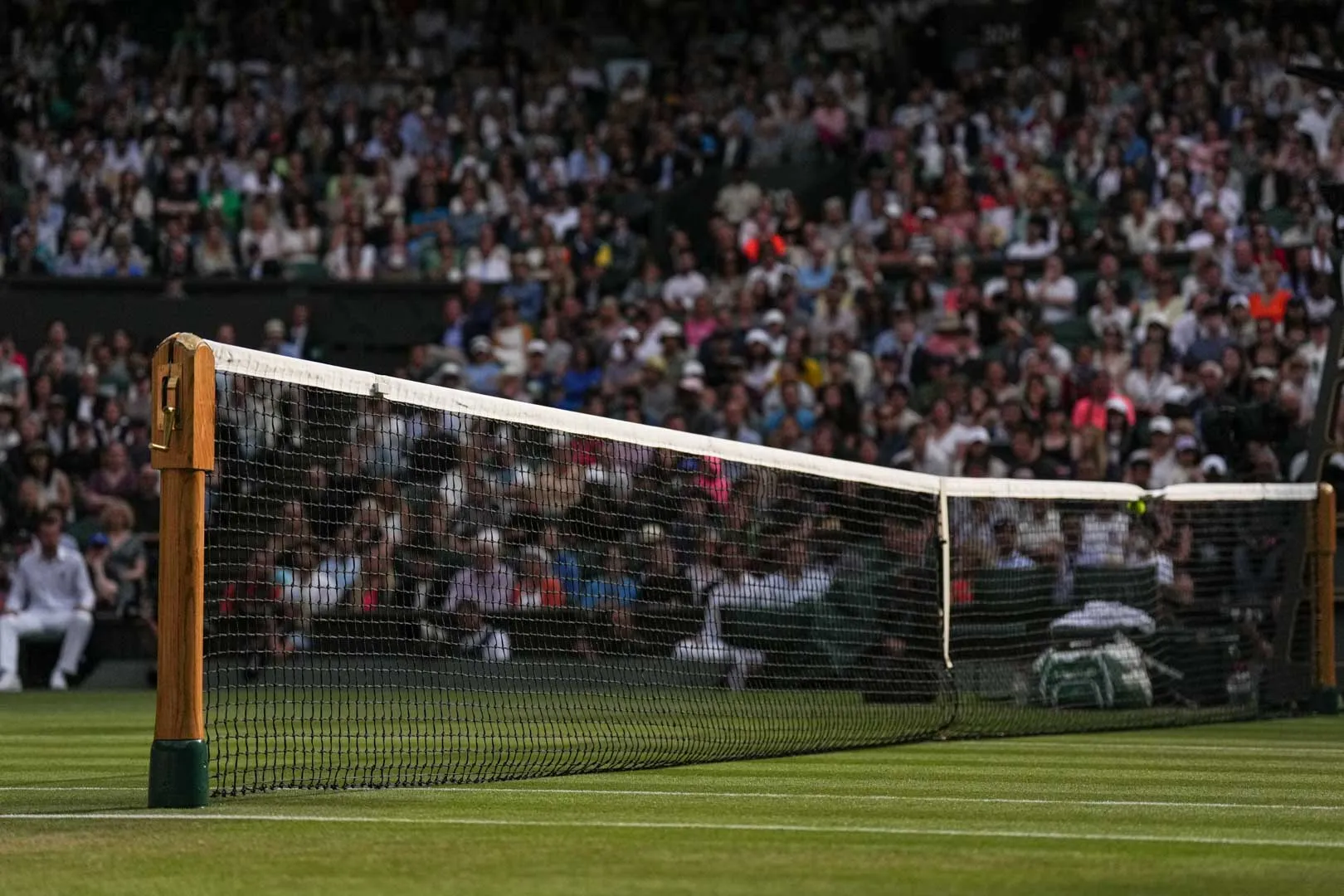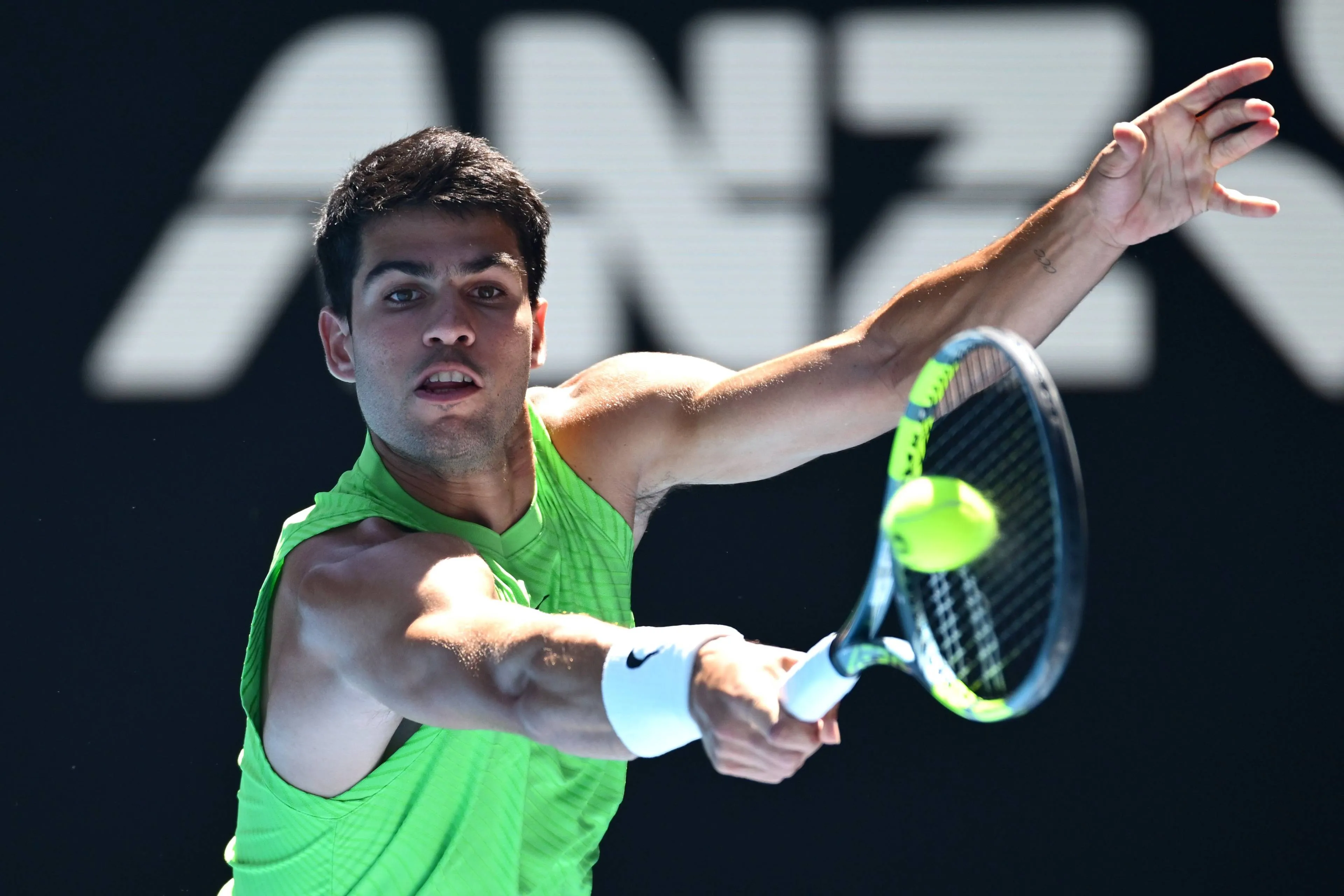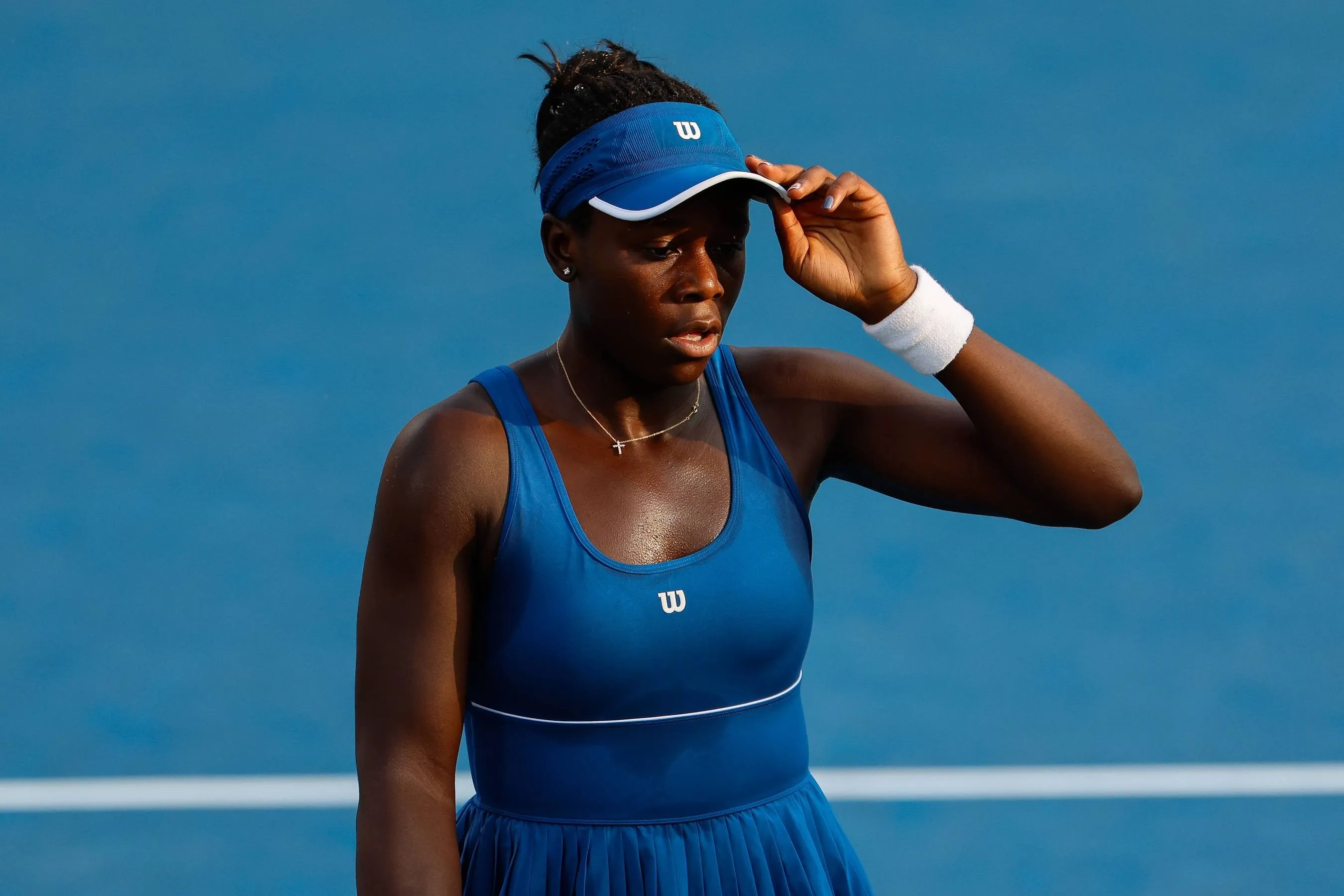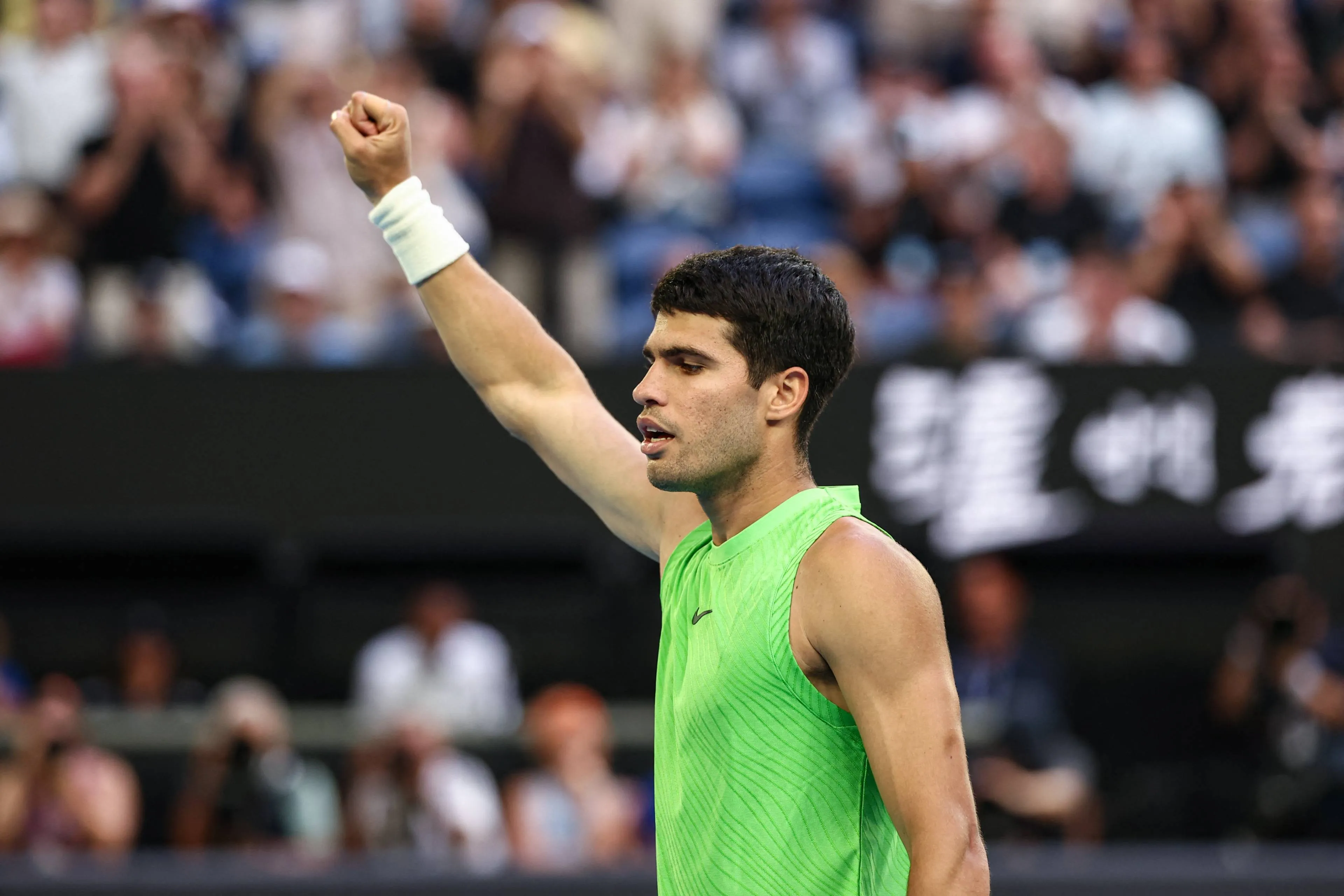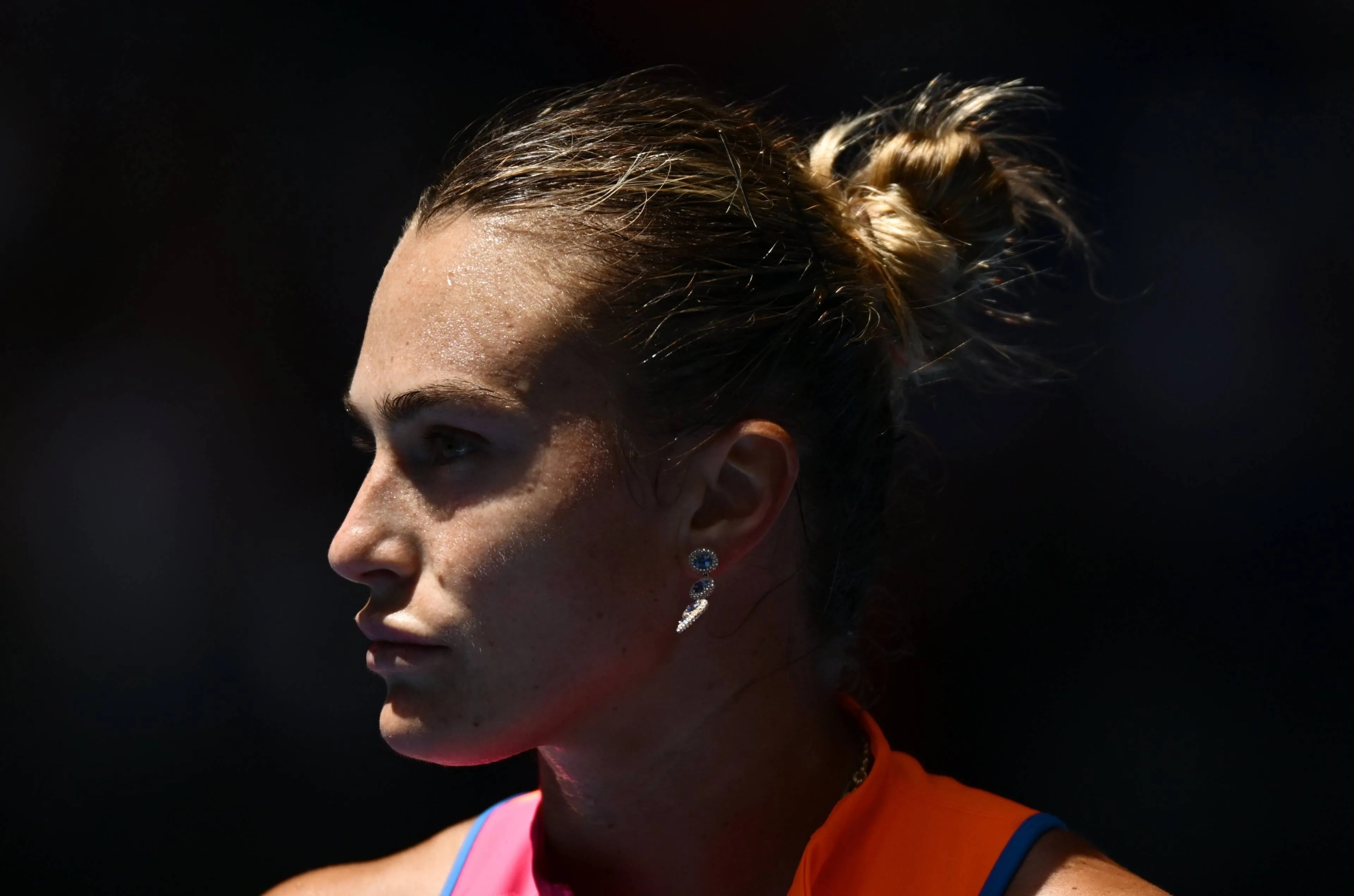WADA Chief Confirms Reason For Appealing Sinner's Doping Case
NewsSaturday, 14 December 2024 at 17:05
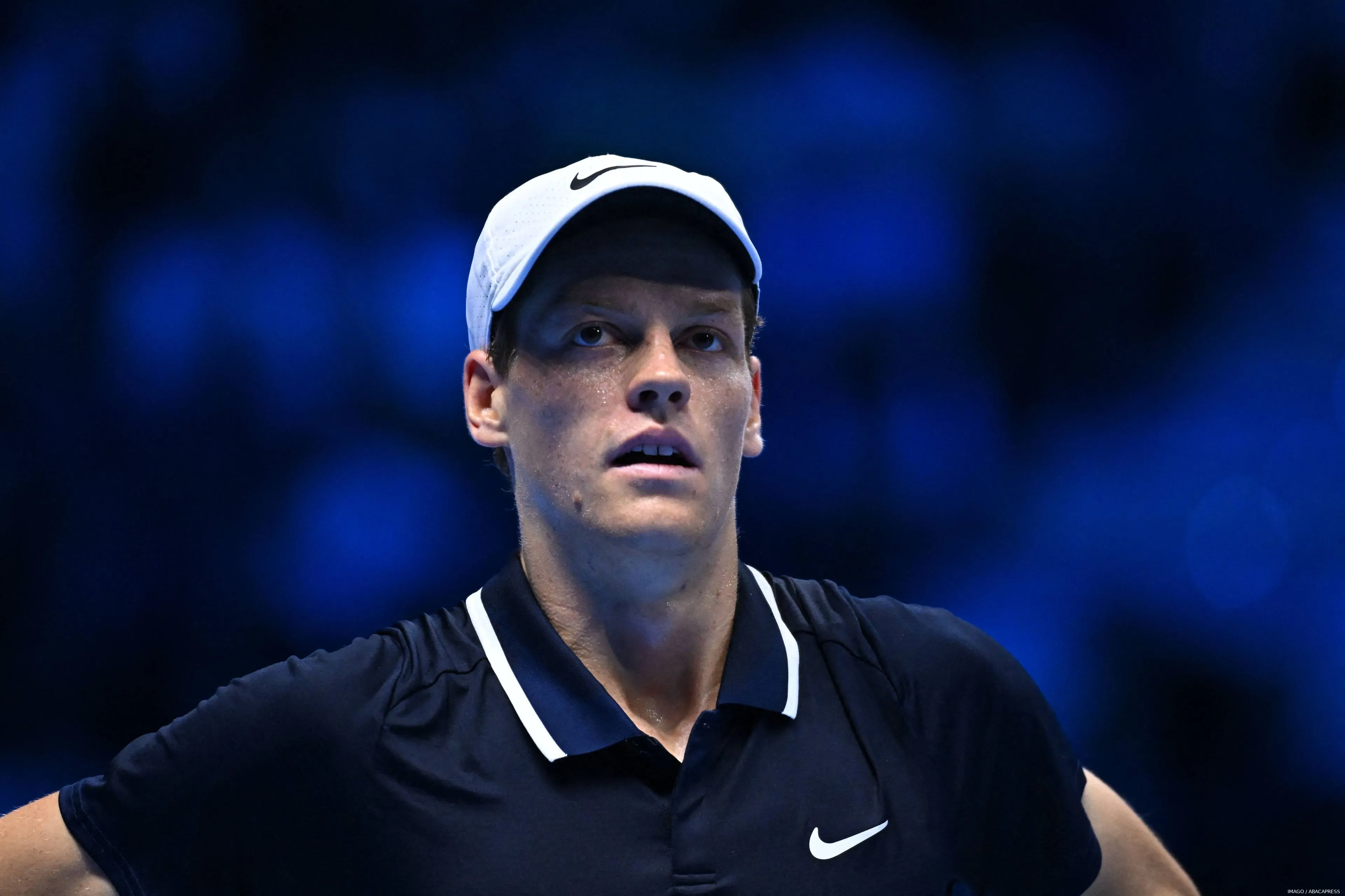
The World Anti-Doping Agency's (WADA) chief has outlined in an interview why the body decided to appeal Jannik Sinner's doping case.
Over three months have passed since Sinner's doping case was made public. The Italian twice tested positive for the banned substance clostebol at March's Indian Wells Open, which came as a shock to him.
Sinner did not receive a provisional ban or have his case made public while the International Tennis Integrity Agency's (ITIA) investigation took place because he swiftly showed where the source of accidental contamination from his physiotherapist occurred.
After a five-month investigation, the ITIA cleared Sinner of wrongdoing after concluding he bore no fault or negligence for the tiny trace of clostebol entering his system after massages from his physiotherapist, who had used a spray containing the banned substance.
However, WADA appealed that verdict to the Court of Arbitration for Sport (CAS). It believes a ban of between one and two years would be appropriate for Sinner's role in twice testing positive.
CAS will reach a verdict in Sinner's case sometime in 2025, but it will not be before February 11th because a list of the cases until then was revealed, and it did not include the ATP world No. 1's.
Iga Swiatek also tested positive for a banned substance this year. The four-time French Open champion accepted a one-month suspension from the ITIA after proving melatonin, a legal product, had been contaminated.
WADA has yet to decide whether an appeal in Swiatek's case would be the right move, but its decision to appeal Sinner's case was controversial because of a rule change that will become effective in 2027.
The governing body will introduce a new definition of a "contaminated source" that covers some of what used to be considered a "contaminated product." Under the rule change, Sinner and Swiatek might not have faced punishment.
That means it is important for fans to understand why WADA felt an appeal in Sinner's case was appropriate. Its chief, Olivier Niggli, explained the rationale when speaking to AFP.
Read also
“It was considered in the decision that there was no fault on the part of Sinner. Our position is that there is still a responsibility of the athlete in relation to his entourage. So it is this legal point that will be debated (before CAS)."
"We do not dispute the fact that it could have been a contamination. But we believe that the application of the rules does not correspond to the case law."
Like Sinner, Swiatek had her case kept private while the ITIA investigated, which caused much controversy. However, Niggli thinks athletes' reputations need to be protected throughout the process, especially because of social media.
"Personally, I think that protecting an athlete’s reputation should be our first concern. We live in a world where social media is what it is and means that a reputation can go up in smoke in a very, very short time."
The WADA chief explaining the body's rationale for appealing is helpful, but it will not prevent much division among tennis fans and players about whether CAS should ban Sinner.
Read also
Loading


